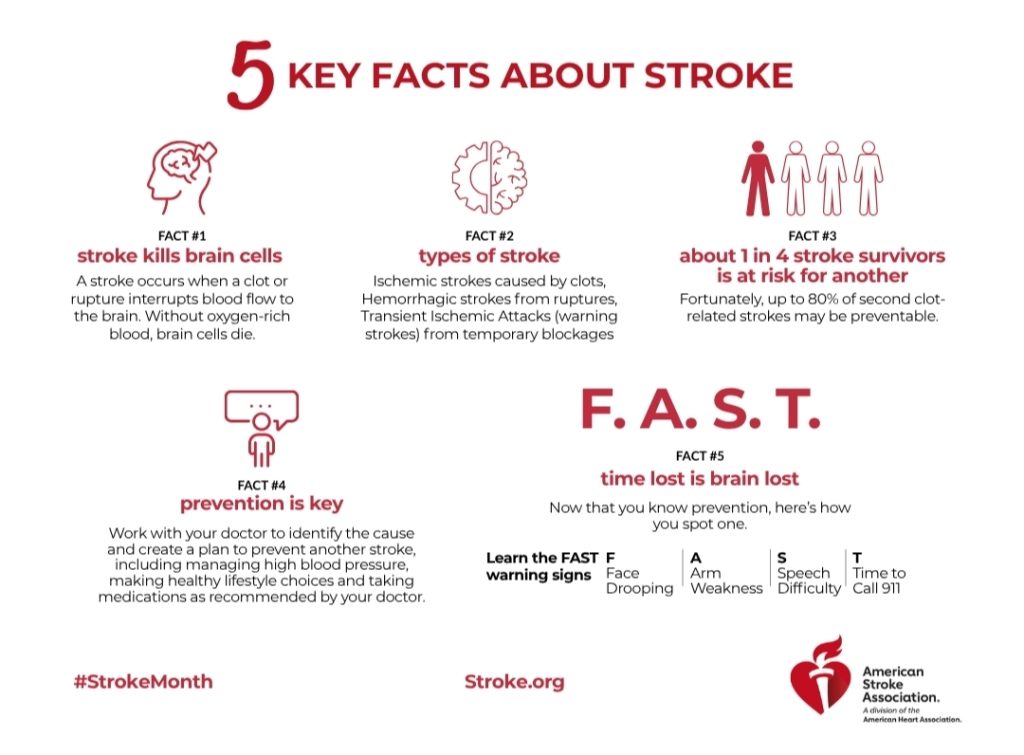Nearly every person around us knows someone who has been impacted by heart disease. As the leading cause of death for men and women in the United States, heart disease has taken a toll upon our communities, upon our loved ones, and upon our healthcare system.
Like many others, I too recall the personal impact that heart disease leaves in its wake. I’ll never forget a phone call that I received from a friend in the very early hours of one fateful Saturday morning: “…Ross, I’m in shock, I don’t know how to tell you this, but my father had a heart attack. He passed in front of my eyes…”
Each of us may have similar stories, and every story bears a name. We owe it to the survivors, to the victims, and to ourselves to attain the best education and resources in the fight against heart disease. Ultimately, it is this goal of education and innovation that thrusts the fighting impetus behind American Heart Association Month each February.
In order to fully understand the importance of this dedicated effort to combat heart disease, we must first examine why this cause matters, what steps we can take to live a healthy lifestyle, and the role that future innovation will play in winning this battle.
Why the Fight Against Heart Disease Matters
With the passing of every 36 seconds, the beloved life of an American citizen abruptly ends as their battle with heart disease comes to a tragic close. Heart disease does not discriminate in its victims, as both sexes and all races are impacted by this illness. It should also be noted that heart disease does not always result in death. For victims who have a stroke, their quality of life and the ability to perform routine functions can be greatly hindered.
If there was nothing that you could do to prevent yourself from becoming a victim of heart disease, then this article would end here. But this is NOT the case.
There are several important steps that each of us can take in order to root out behaviors that are linked to causing heart disease. In doing so, we will become healthier individuals, and we will educate ourselves and those around us on this critical topic.
Promoting a Healthy Lifestyle for Yourself and Those Around You
The CDC designates several risk factors that impact the likelihood of establishing heart disease including obesity, unhealthy diet, physical inactivity, excessive alcohol consumption, smoking, and diabetes.
Contrarily, there are also genetic predispositions for heart disease that are largely out of our control. But these genetic factors that we cannot change should not serve as an excuse for our own inaction. Luckily for us, risk factors that involve behavioral input such as our diets, our physical activity, and our alcohol and drug consumption do occur at our discretion and are thus modifiable.
According to the University of Michigan, “physical activity is one of the best things you can do to help prevent a heart attack and stroke.” They attribute this statement to the fact that physical activity increases HDL (good cholesterol), lowers blood pressure, controls blood sugar, decreases stress, and decreases obesity.
Eating habits are just as important as one’s level of physical activity. In 2017, The Cleveland Clinic reported that nearly half of all heart disease, stroke, and diabetes related deaths were linked to unhealthy diets. In greater detail, they highlight excessive consumption of processed meats, sugar-laden drinks, and salty foods as the primary culprits.
As far as smoking is concerned, the CDC reported that smoking raises triglycerides (a type of unhealthy fat in your blood), lowers HDL, makes blood more likely to clot (increased risk of stroke), damages endothelial cells that line the blood vessels, increases the buildup of plaque in blood vessels, and causes blood vessels to narrow.
The connection between alcohol and heart disease, in juxtaposition to smoking, is a bit trickier to discern. Johns Hopkins University reported that moderate alcohol use can decrease one’s risk of developing heart disease, while heavy alcohol use is, in fact, linked to causing heart disease. As with any habit, moderation is key.
It is also important to know when to see your cardiologist. Consider making an appointment if any of these bullet points apply to you:
- If you experience chest pain
- If you experience shortness of breath
- History of high blood pressure
- History of high cholesterol
- History of obesity
- History of smoking
- History of Chronic Kidney Disease
- Family history of heart disease
Aside from augmenting our own behaviors and diets, we are truly fortunate to live in a time where massive strides in medical innovation have steadily decreased the mortality of heart disease.
Fighting Heart Disease Today, Tomorrow, and Beyond
Over the last several decades, technological innovation has been at the forefront of the fight against heart disease. In 1967, the first human-to-human heart transplant awed the world as a potential lifesaving treatment for end-stage heart failure.
As our society looks to the future, several medical innovations stand out, and many believe that these advancements have the potential to greatly impact the field of cardiology. Three such innovations include stem cell therapy, 3D bio-printed heart tissue, and AI algorithms that can scan a patient’s eye and detect with 70% accuracy their likelihood of developing heart problems.
Many of these technologies are still in the early stages of development, but they serve as a testament to society’s ongoing commitment to win the fight against heart disease. Through innovation, education, and our own will to live healthy lives, we are now at the helm of our own destiny.
It is up to each and every one of us to make the right choices as they relate to our heart health—for ourselves, for our children, and for our future.
Our Her Nexx Chapter Community invites you to join us where women are connecting with each other’s stories, exploring different experiences, and transforming ideas.
The Future of Connection for Women
Follow us:







